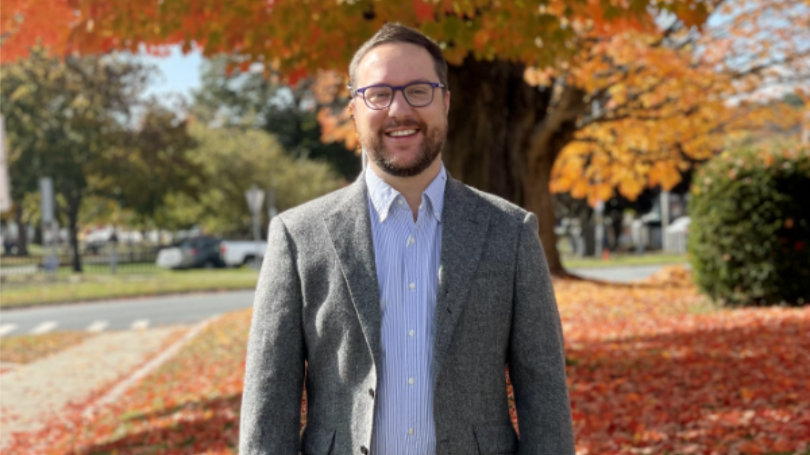
- Undergraduate
- Research
- About the Program
- News & Events
- People
Back to Top Nav
Back to Top Nav
Back to Top Nav
Back to Top Nav
Professor Cooper is a Senior Lecturer in the Program in Quantitative Social Science and is a political scientist who studies American political institutions.
During summers, Professor Cooper is appointed at ICPSR, the Inter-University Consortium for Political and Social Research, at the University of Michigan. At ICPSR, he teaches two four-week workshops, one on data visualization and the other on intermediate regression. Students from top universities across the world come to Ann Arbor, both in-person and virtually, to attend the program and take courses in it. The ICPSR data visualization workshop, now its third iteration, allows Professor Cooper to experiment with course materials and update the Dartmouth version of his data visualization course, QSS 17, that he teaches every year.
This upcoming spring, Professor Cooper will be offering a new QSS course, Advanced Data Visualization, which will build on the foundations created by QSS 17. In this new course, students will quickly review material from QSS 17 and then move on to how R can interact with other platforms and programming languages for visualization, including HTML, Javascript, and Markdown. Students will also learn to build dashboards with Shiny applications.
Professor Cooper's research is centered on American political institutions and public opinion about these institutions. In particular, Professor Cooper is currently studying institutional constraints on the power of the American presidency and unilateral sources of presidential power. And on the public opinion side, Professor Cooper examines beliefs about gender and ethnicity barrier-breaking in presidential elections, investigating the enthusiasm gap for voters in elections after Barack Obama's presidential election in 2008. Among other questions, Professor Cooper considers whether Obama's election created a collective moral license, relaxing the electorate and reducing turnout for future barrier-breaking candidates.